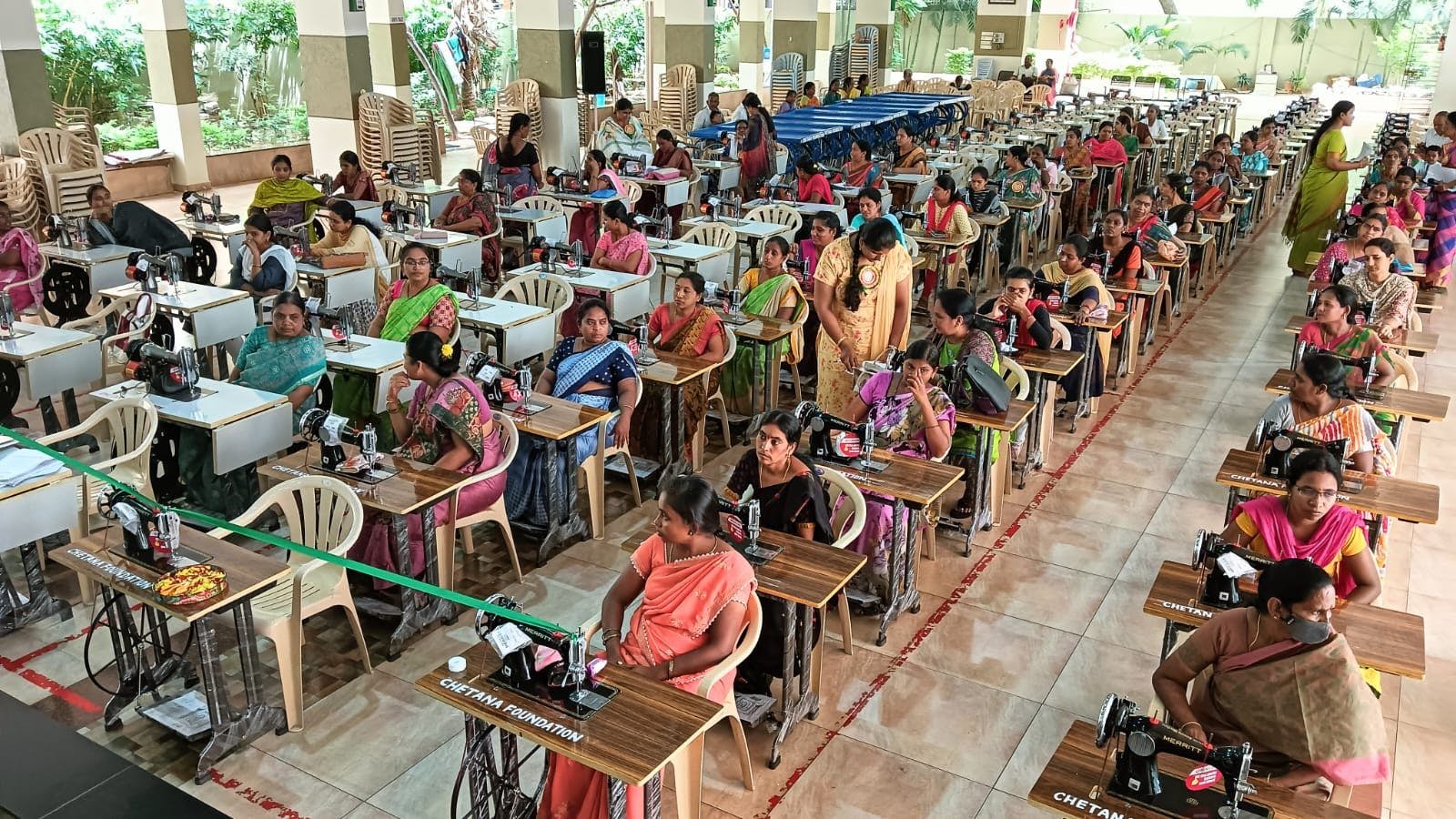In Madison, Wisconsin, Just Bakery – an arm of JustDane, an organization dedicated to providing for underserved communities in and around Madison – hosts a training program to prepare candidates facing such barriers for jobs in the culinary industry. Graduates from the program gain valuable certifications, such as ServSafe and a variety of ManageFirst certifications, as well as vital hands-on experience. The curriculum also provides graduates automatic acceptance into Madison College, for those who want to further their education.
However, the 3-month training program is unpaid, often forcing individuals who are already in difficult financial positions to face short-term hardships to pursue training for a better-long term future. “It’s an unpaid commitment at a time when they’re in greatest need of income,” said Brandon Sosa, CEO of the Barzilai Foundation. “Too many participants are unable to make it work, and roughly half of them have to sacrifice bettering their future to make ends meet today. We saw an opportunity to incentivize these students to stay with the program and achieve the goal they’re pursuing.”
To increase the graduation rate, the Barzilai Foundation is providing a bursary for students in the Just Bakery program, contingent upon attendance, progression, and completion. Upon graduation, students can also qualify for a bonus stipend to both reward their success and provide support as they transition to a new job and career.
“Graduates of this program have an astonishingly high placement rate into jobs that put them on a great trajectory,” added Sosa. “With this opportunity, and with the financial barrier solved, these people can find themselves a promising place in the workforce. We’re happy to help restore their potential to them and see them succeed.”













